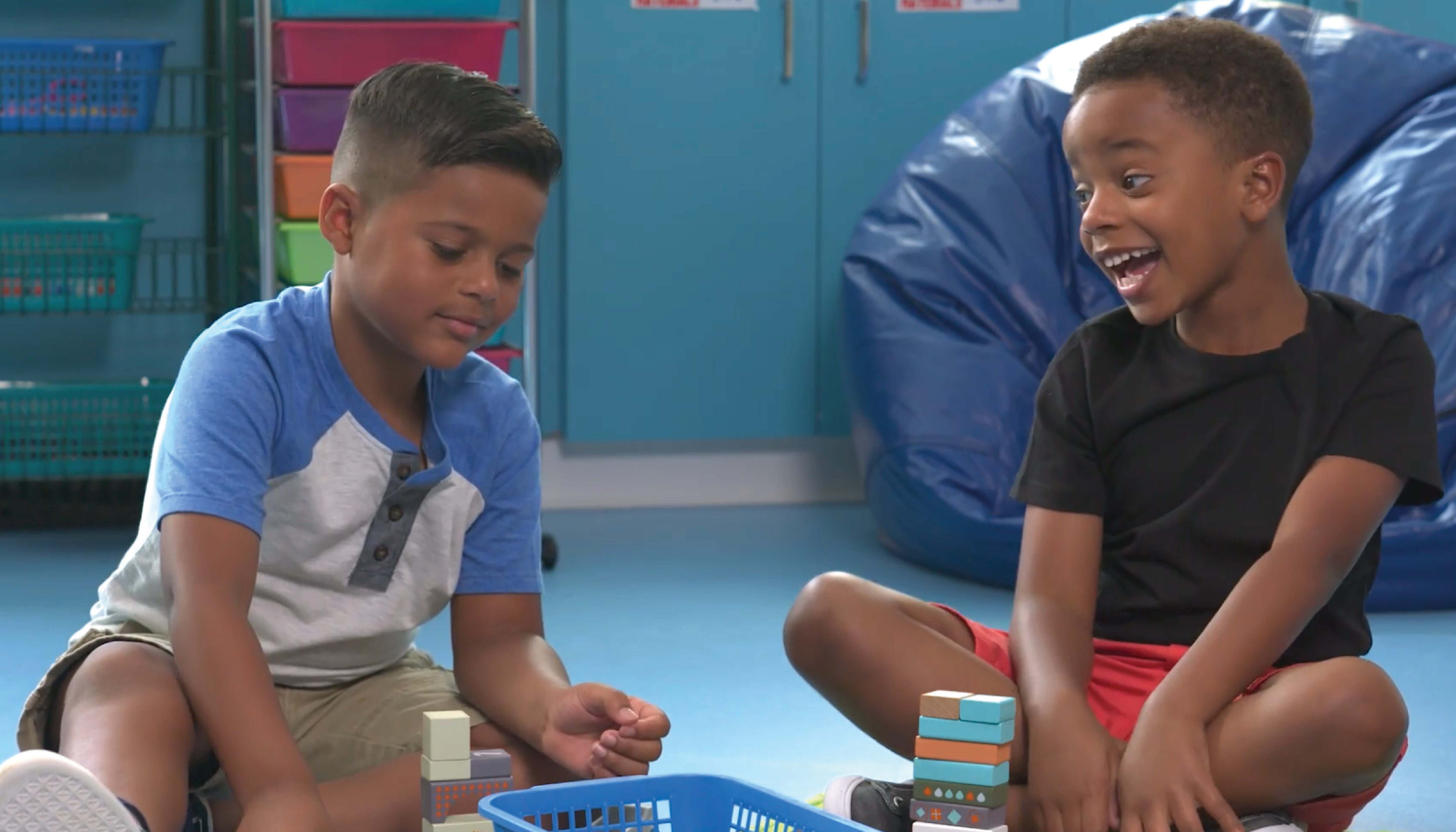
Introduction
Jealousy is a natural emotion that everyone experiences at some point in their lives. For students in special education, understanding and managing feelings of jealousy can be particularly challenging. This blog post aims to provide educators with an overview of strategies and activities to help students recognize, express, and cope with jealousy in a healthy way.
No-Prep Activity: The Jealousy Jar
This simple, no-prep activity helps students identify and express their feelings of jealousy. Begin by gathering your students in a circle. Explain that you will be discussing jealousy and that it’s normal to feel this way sometimes. Ask each student to think of a time when they felt jealous and share it with the group. After each student shares their story, have them write the situation on a piece of paper and place it in a jar at the center of the circle. Once everyone has shared, read the situations aloud and discuss how the students can cope with jealousy in a healthier way. This activity encourages open communication and helps students understand that they are not alone in experiencing jealousy.
Discussion Questions
- What are some situations where you might feel jealous? How do you usually react in those situations?
- How can we support our friends when they are feeling jealous?
- What are some strategies you can use to cope with jealousy in a healthier way?
- How do you think expressing jealousy in a negative way can affect our friendships and relationships?
- Why is it important to acknowledge and address our feelings of jealousy?
Related Skills
Teaching students to navigate jealousy is just one aspect of social-emotional learning. Other related skills that can support students’ emotional well-being include:
- Empathy: Understanding and sharing the feelings of others.
- Emotion regulation: Managing one’s own emotions in a healthy and adaptive way.
- Conflict resolution: Resolving disagreements and conflicts with others in a constructive manner.
- Self-awareness: Recognizing one’s own emotions, strengths, and areas for growth.
- Resilience: Bouncing back from challenges and setbacks in a positive way.
Next Steps
Helping students develop the skills to navigate jealousy and other social-emotional challenges is crucial for their overall well-being and success. To support your efforts in teaching these valuable skills, we encourage you to sign up for free sample materials at Everyday Speech. These resources include engaging activities, videos, and lessons designed to promote social-emotional learning in a fun and accessible way for students in special education.

